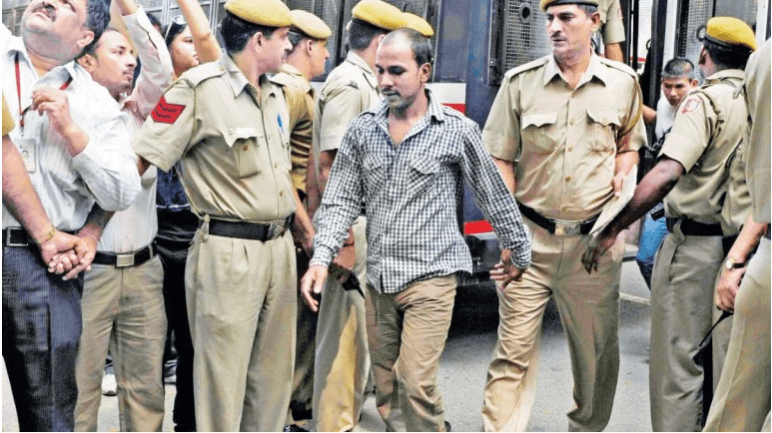The Supreme Court on Wednesday, January 29, dismissed convict Mukesh Singh's plea seeking judicial review of the rejection of his mercy petition by the President. With this decision by the apex court, Mukesh has exhausted the last legal remedy available to him against the death row.
Dismissing the petition of 2012 Delhi gangrape and murder convict Mukesh Singh, the top court said there is no merit in the contention. "Alleged sufferings in jail can't be grounds to challenge the rejection of mercy plea by President," the SC stated.

A bench comprising Justices R Banumathi, Ashok Bhushan and AS Bopanna said that all the relevant documents connected with the case were placed before the President and then a decision was taken on his mercy petition.
The court observed that the alleged ill-treatment and cruelty in jail is no ground to grant mercy to the convict. Also, Mukesh's counsel's contention that there was non-application of mind while rejecting his mercy petition was rejected by the court.
"President has acted expeditiously is no ground to hold that there was non-application of mind," said the court.
Convicts' execution
Just three days remaining in the scheduled execution of death penalties in the 2012 Delhi gangrape-murder case as the four death row convicts are scheduled to be hanged on February 1. Earlier on January 17, President Ram Nath Kovind had rejected the mercy petition of Mukesh.
Nirbhaya gang-rape and murder
The 23-year-old woman was brutally gang-raped and tortured on December 16, 2012, which later led to her death. All the six accused were arrested and charged with sexual assault and murder. One of the accused was a minor and appeared before a juvenile justice court, while another accused committed suicide in Tihar Jail.
The remaining four were convicted and sentenced to death by a trial court in September 2013, and the verdict was confirmed by the Delhi High Court in March 2014 and upheld in May 2017 by the Supreme Court, which also dismissed their review petitions and curative petitions.









!['Had denied Housefull franchise as they wanted me to wear a bikini': Tia Bajpai on turning down bold scripts [Exclusive]](https://data1.ibtimes.co.in/en/full/806605/had-denied-housefull-franchise-they-wanted-me-wear-bikini-tia-bajpai-turning-down-bold.png?w=220&h=138)



